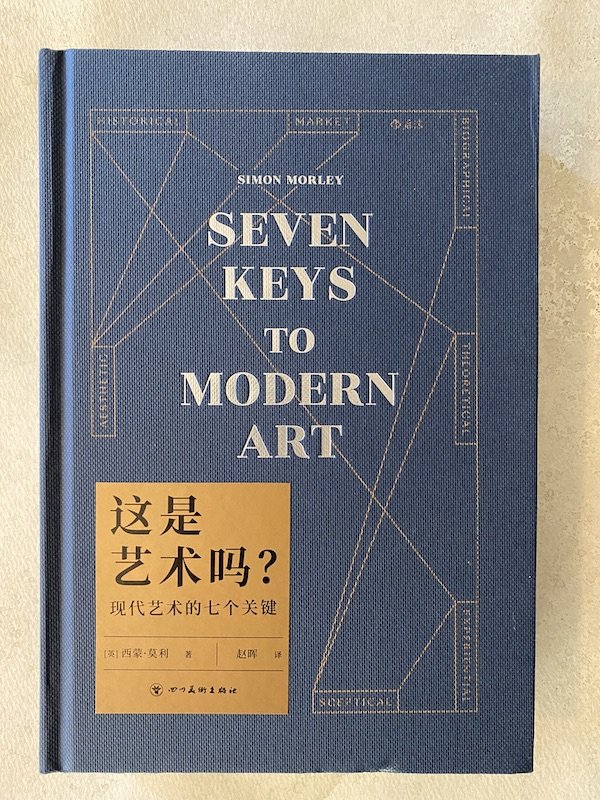What’s going on in China?
My experience of being censored by the Chinese!
China’s been in the news because of the 20th Party Conference in Beijing at which Premier Xi Jinping guaranteed himself a third term in office. Like me, you must have been confused by the footage of the previous Premier, Hu Jintao being escorted rather forcibly away:
What’s going on? It reminded me of a similar moment in North Korea in 2013 when Jang Song-thaek was similarly very publicly removed from a meeting of the WPK Political Bureau:
Later it was announced that Jang had been executed. Will the same thing happen to Hu? Probably not. The Chinese Communist Party is more subtle. He’ll simply disappear from public view.
This is the way they do it in dictatorships, apparently! It’s important to show who’s boss.
As I noted in a previous post, the philosopher Karl Popper wisely observed that the benefit of democracy is not so much that people get to vote but that leaders get to be removed from power without risk of violence. The contrast to the UK at the moment is striking. We are certainly way more genuinely democratic in this sense than China and North Korea, and our leaders very evidently get removed from power. But our democracy is still obviously very flawed as we are obliged to watch charlatans taking it in turns to become Prime Minister in a risible game of musical chairs.
***
China is especially on my mind because a couple of my books are now in Chinese translations. Seven Keys to Modern Art, and The Simple Truth. The Monochrome in Modern Art. Here they are:
The mainland Chinese version.
The Taiwan Chinese version.
The Taiwan Chinese version of The Simple Truth.
Seven Keys was published by Sichuan Fine Arts Publishing House in Beijing, while Seven Keys and The Simple Truth was published by Diancan Art and Collection Ltd. in Taipei, Taiwan. But I have only received copies (and recently) of the mainland Chinese version of Seven Keys, and can find almost nothing about the Taipei edition on English language Google. The Taipei publisher did a couple of weeks ago send me three copies of the recently published Chinese translation of The Simple Truth. But still no sign of their Seven Keys.
The fact that Seven Keys has been published in Chinese in both Taiwan and mainland China may seem a bit odd, and also surprising, because the English edition, published by Thames & Hudson, couldn’t be printed in China because one of the artists I discuss is Xu Bing, whose work is related to the Tienanmen Square protests in 1989. This is a taboo subject in the People’s Republic! So, I assumed at first that Party censorship has become relaxed enough to allow the unexpurgated publication of my book. But of course not! When I looked at the mainland Chinese version more closely I realize that there is now no chapter on Xu Bing!
This is ironic for me, because I am currently teaching (in English) a PHD class here in Korea made up of almost entirely of mainland Chinese students - about ten of them - plus one solitary Korean. I am using Seven Keys as a text book, so the students can choose between using English, two Chinese, or Korean translations. But I hadn't realized until very recently that the mainland Chinese version, which is the one for sale on Amazon (no sign there of the Taiwan version…) and the one several of the Chinese students have opted to purchase, that Xu Bing has been excised.
Image Sources:
https://www.theguardian.com/world/2022/oct/23/xi-jinping-chooses-yes-men-over-economic-growth-politburo-purge-china
https://www.theguardian.com/world/2022/oct/23/xi-follows-maos-footsteps-puts-himself-at-core-of-chinas-government
https://english.hani.co.kr/arti/english_edition/e_northkorea/614727.html






